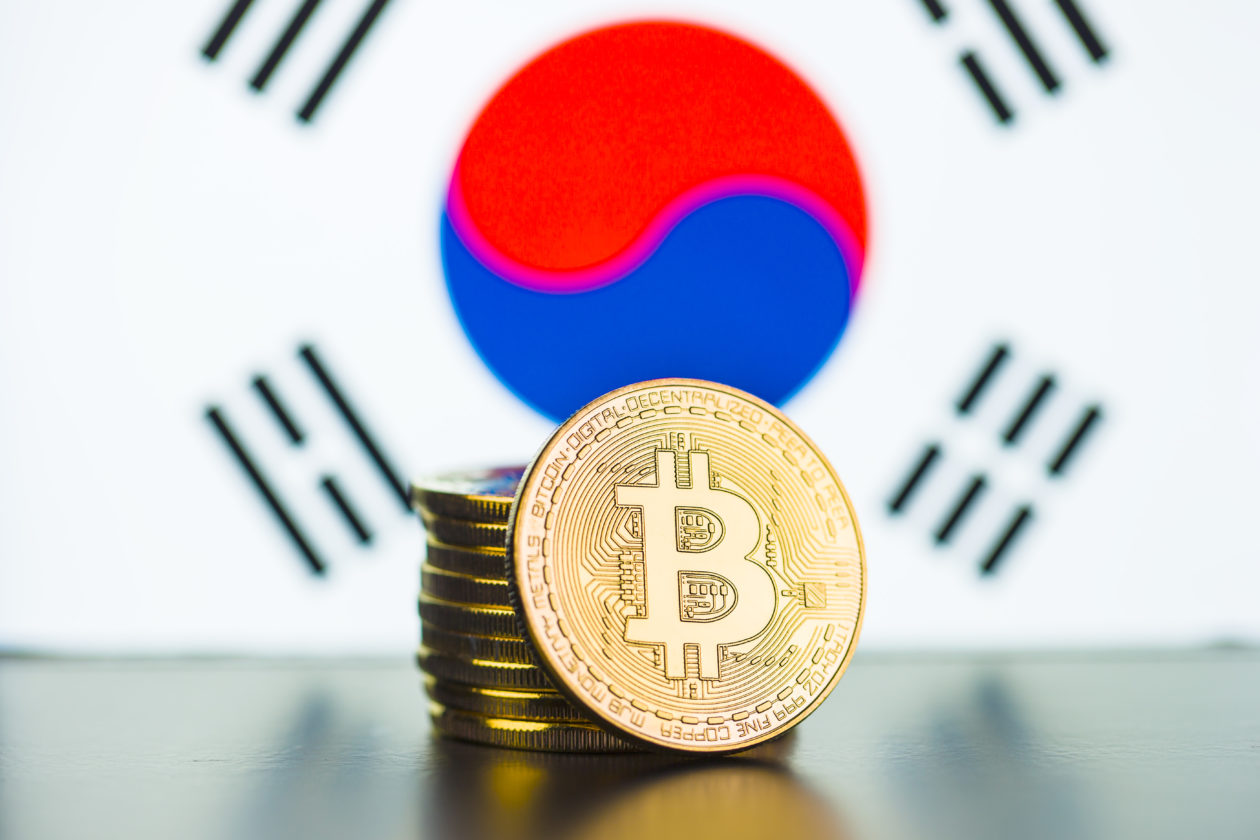The South Korean Supreme Court yesterday ruled out any charges of embezzlement or misappropriation for one South Korean crypto investor who received Bitcoins that were accidentally transferred — overturning earlier decisions by lower courts. The investor was exempt from criminal punishment on account of the absence of a legal basis for cryptocurrencies.
In June 2018, an unnamed investor received 199.999 Bitcoins from a wallet in Greece. The person then moved 199.994 Bitcoins, which was worth around US$1.25 million at the time, to two personal accounts. Three Bitcoins were liquidated and used for personal expenses. As the action might have been penalized if taken out in fiat money and traditional bank accounts, the prosecutors turned the investor over on embezzlement charges as the primary purpose of claim, and misappropriation as secondary, based on the Act on the Aggravated Punishment of Specific Economic Crimes.
A lower court and an appeals court determined the investor was guilty of misappropriation, but not embezzlement. The investor was sentenced to 18 months in jail. According to the court decision, embezzlement applies when one exploits property of another in his possession — whereas Bitcoin is not seen as a property, but digital data.
However, the Supreme Court made a contrasting ruling that both charges do not apply to the crypto investor. It reversed the guilty charges from the lower courts and returned the case to the high court in Suwon.
Kwon O-hoon, a partner at Cha & Kwon law firm, provided further explanation on the case in an interview with Forkast.News. “South Korea separates embezzlement and misappropriation. Embezzlement is when one storing a property violates his obligations by acquiring that property. Misappropriation happens in a trust relationship, where one gains profit by betraying that trusted relationship.” Kwon says he found it strange that the receiver was found guilty of misappropriation, as it is difficult to see the sender and receiver, who were total strangers in the faulty transaction, to be in a trusting relationship. “I think [the lower court] wanted to give punishment for misappropriation for the time being,” said Kwon.
As the Supreme Court did not see Bitcoin as a property and the relationship between the two parties in the transaction to be insufficient to qualify for misappropriation, the investor was found not guilty of both.
However, it is undeniable that the South Korean investor took the outlander’s Bitcoin, which is increasingly being accepted as a proper asset among Korean citizens. The case may be a significant pointer to how far regulatory systems in South Korea are falling behind its rapidly changing financial landscape. “I think the logic behind the court decision is dogma,” Kwon said. “The legal principles are not embracing the situation happening in properties in the present day.”
Kwon says there is still no rulebook on how to view cryptocurrencies in criminal law settings. The only regulation on crypto is the Act on Reporting and Use of Certain Financial Transaction Information, which Kwon says focuses on anti-money laundering, and is therefore insufficient. “If a cryptocurrency is an investment asset and acts like a security, it should be classified as securities and regulated under the capital markets law or securities law. If not, classify them as electronic currency, or intangible assets,” Kwon said.
South Korea has maintained an ambiguous stance on cryptocurrencies. The country currently defines all virtual assets as intangible assets, not financial. “I believe the reason why the [Korean] Ministry of Economy and Finance classified virtual assets as intangible assets is the negative perception, or this social stigma that Korea used to have on cryptocurrencies,” said Cha Dong-joon, professor at Kyungbok University’s tax accounting department, in an interview with Forkast.News. “But in reality, cryptocurrencies are a lot like financial assets, and transaction methods are very similar to stock trading. So I believe that crypto gains should be categorized under financial income.”
Meanwhile, neighboring China continues its heavy crackdown on crypto trading and mining. Numerous regions of China started to ban mining cryptocurrencies, and a Beijing court in Chaoyang district recently ruled that the country’s law will not protect any property rights in a crypto mining deal. Back in September, China declared all crypto trading activities as illegal. However, a district court in Shanghai made a ruling back in August where it acknowledged Bitcoin as a virtual property, while buying Bitcoin is not protected.
Will South Korea’s ruling on the recent mishap influence more to misspend any accidental crypto transfers that come their way?
Kwon says it is not likely: “Perhaps one who uses the [mistakenly transferred] Bitcoin will not be criminally punished. But in civil cases, it could count as unjust enrichment, where they will have the obligation to send back the wrong deposits.”





